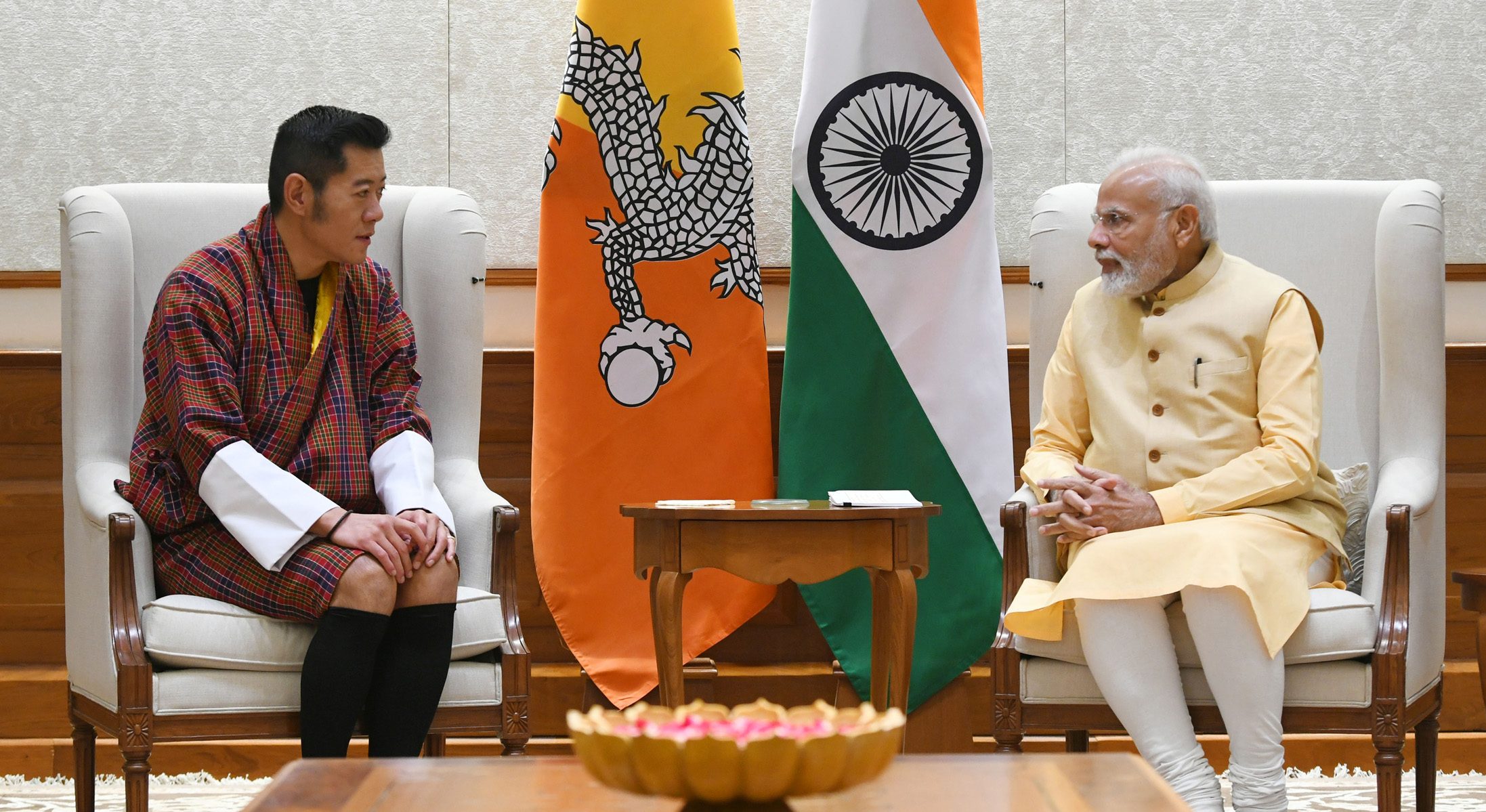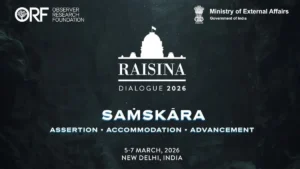Bhutan’s King Jigme Khesar Namgyel Wangchuck recently arrived in India on a highly anticipated trip, receiving a red carpet welcome. The visit holds significant importance as it coincides with renewed efforts by Bhutan and China to resolve their longstanding border dispute. New Delhi is closely monitoring these negotiations due to potential implications for India’s security interests, particularly in the Doklam tri-junction.
Key Highlights
- King Wangchuck’s eight-day visit to India began in Guwahati on November 3. External Affairs Minister S. Jaishankar personally welcomed the Bhutanese monarch at the airport, underscoring India’s commitment to the visit.
- The visit aims to further strengthen the already close bonds of friendship and cooperation between the two nations, highlighting the strategic partnership that India maintains with Bhutan.
- During his visit, King Wangchuck is scheduled to meet with both Prime Minister Narendra Modi and External Affairs Minister S. Jaishankar, signifying the importance of the discussions to take place.
- The Ministry of External Affairs had earlier expressed that the visit offers an opportunity for both countries to review their extensive bilateral cooperation and to advance their exemplary partnership across various sectors.
China’s Involvement
- In a noteworthy development, Bhutan reaffirmed its commitment to the one-China principle during talks with China, as indicated in a Chinese readout.
- This aligns Bhutan’s stance with China’s position on Taiwan, despite Bhutan not having official diplomatic relations with China.
- Bhutan and China agreed to expedite negotiations by implementing a three-step roadmap to resolve their border dispute, a move seen as positive progress in their dialogue.
Background
- The signing of the pact between Bhutan and China followed a 73-day standoff in the Doklam tri-junction in 2017.
- This standoff occurred after China attempted to extend a road in an area that Bhutan claimed as its territory.
- India supported Bhutan’s claim, leading to tensions in the region and fears of a larger conflict between India and China.
- The Doklam tri-junction holds strategic significance, as it is the convergence point of borders between India, Bhutan, and China.
- Any resolution of the border dispute has direct implications for regional security dynamics.




 Scotland Legalises Water Cremation: Firs...
Scotland Legalises Water Cremation: Firs...
 India Overtakes US in Childhood Obesity ...
India Overtakes US in Childhood Obesity ...
 Raisina Dialogue 2026: Global Leaders Ga...
Raisina Dialogue 2026: Global Leaders Ga...








